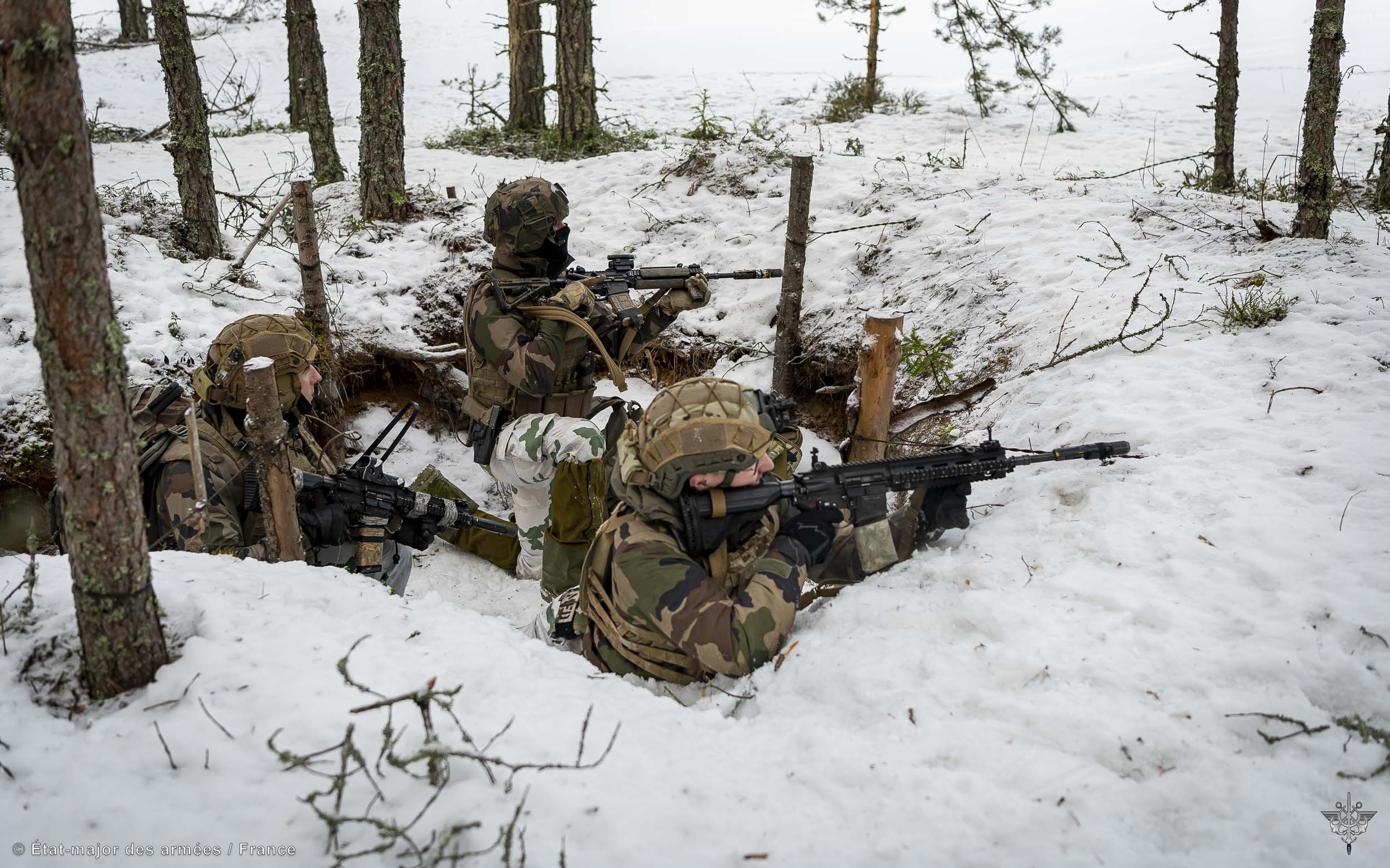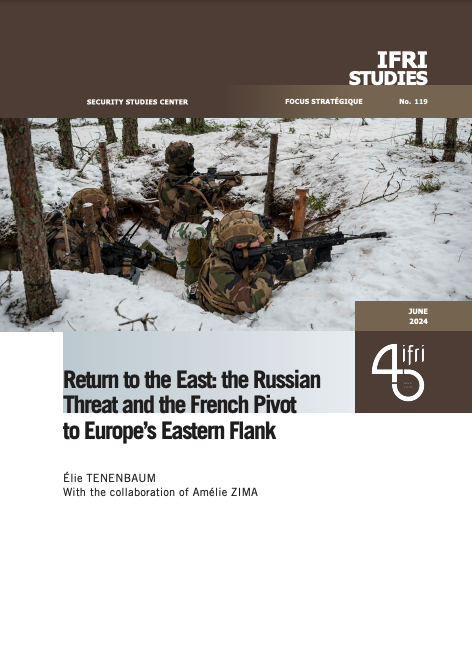Security Studies Center
Heir to a tradition dating back to the founding of Ifri, the Security Studies Center provides public and private decision-makers as well as the general public with the keys to understanding power relations and contemporary modes of conflict as well as those to come. Through its positioning at the juncture of politics and operations, the credibility of its civil-military team and the wide distribution of its publications in French and English, the Center for Security Studies constitutes in the French landscape of think tanks a unique center of research and influence on the national and international defense debate.
Read more

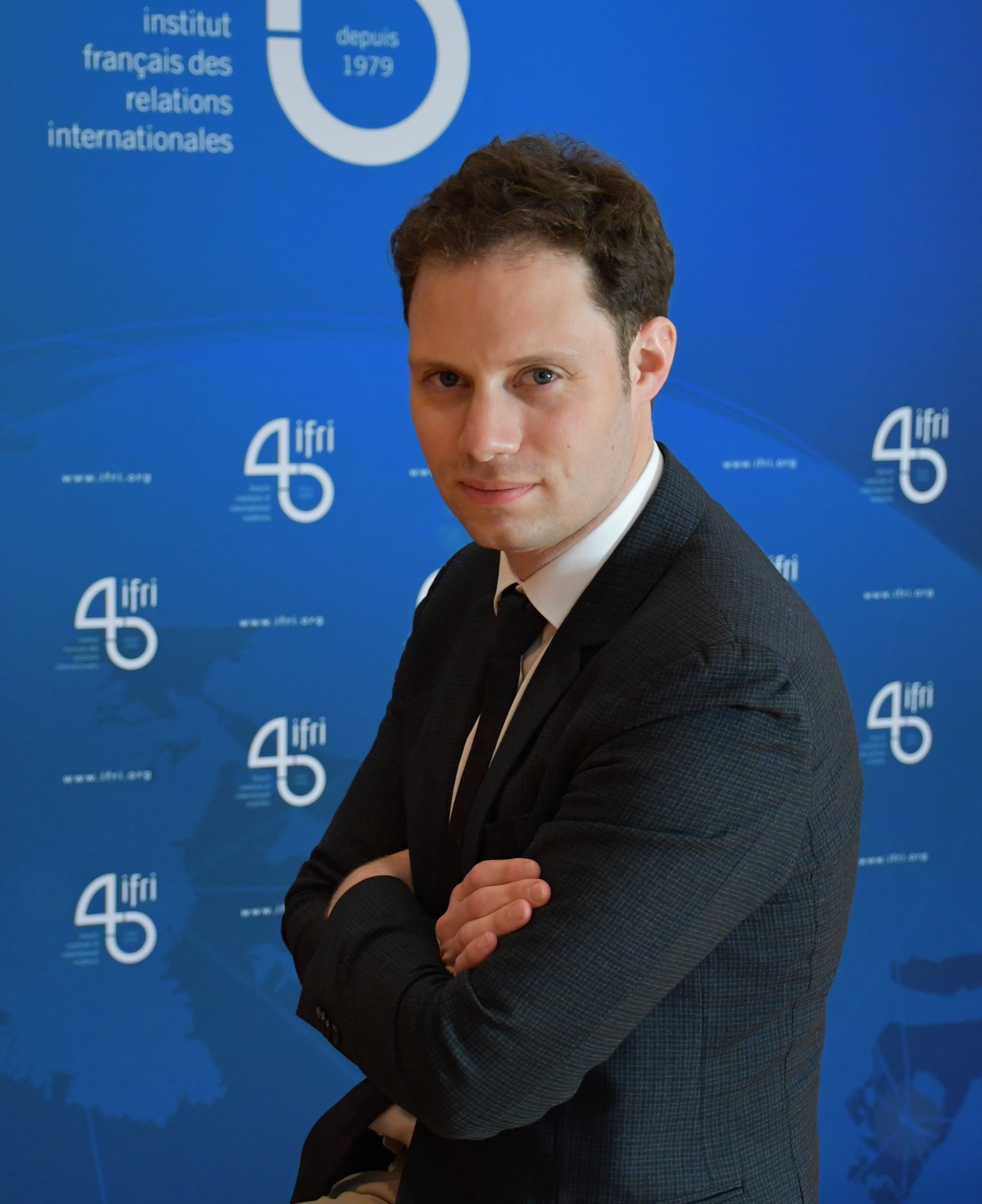
Director of Ifri’s Security Studies Center
Related research programs
Publications
See all our interventions
Flagship Publications
Titre Bloc Axe
Research areas
See all our interventions
Titre Axe de recherche
Wars and Conflicts
The geography and modalities of wars and armed conflicts evolve according to the international system. If irregular wars and asymmetric conflicts persist, high-intensity wars are increasing while crises take new forms under the effect of hybrid threats.
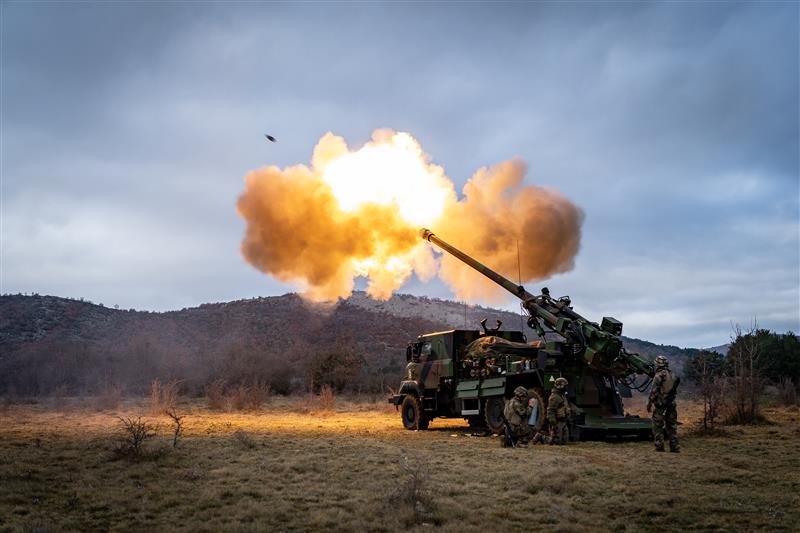
Titre Axe de recherche
International Security and Defense Policy
The analysis of international security issues involves studying the security and defense policies implemented by States in light of the dynamics of cooperation or competition. It must also integrate the role of international organizations and non-state actors.
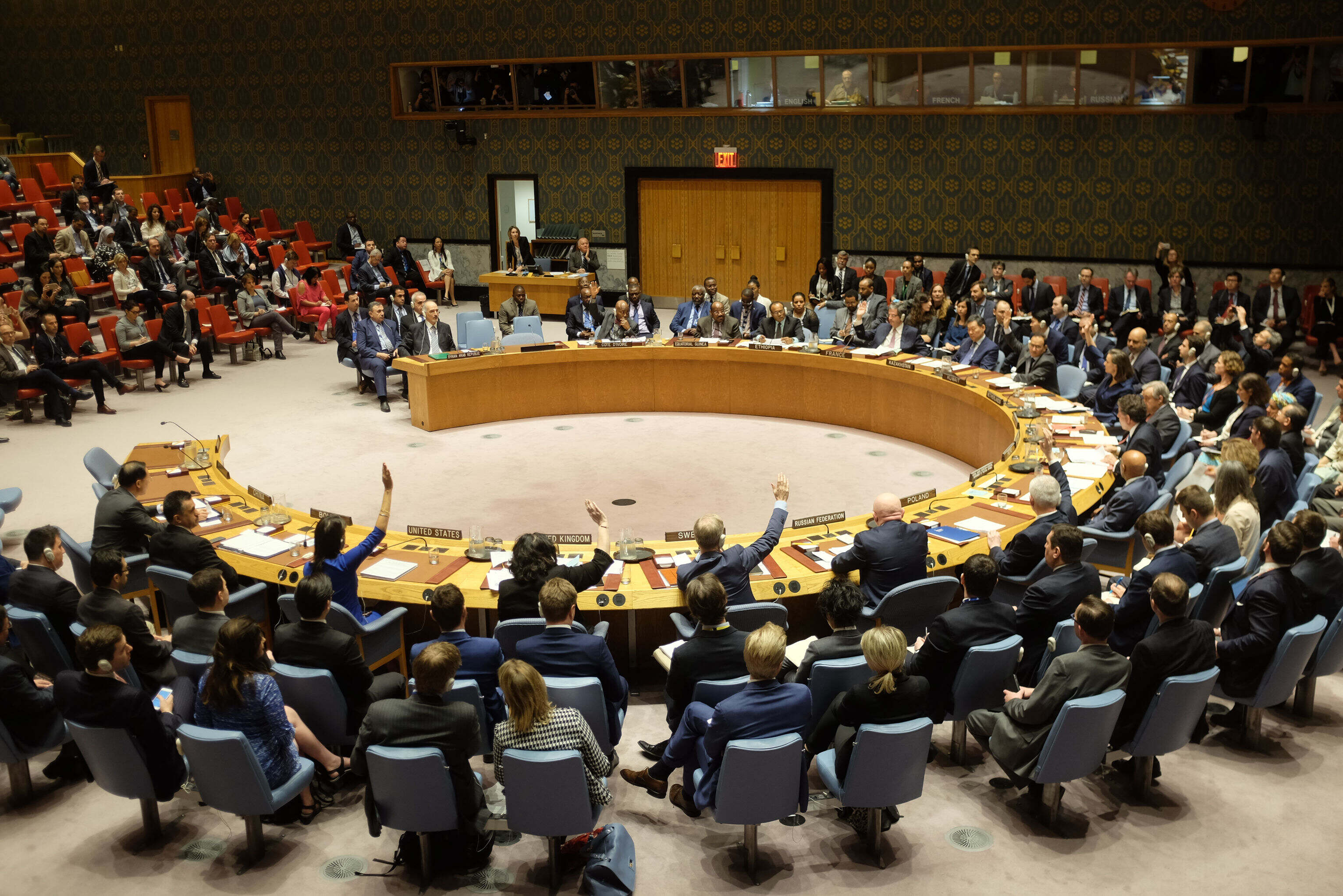
Titre Axe de recherche
Armament and Defense Technology
Contemporary armies are increasingly defined by their ability to innovate and integrate cutting-edge technologies such as cyberweapons, space systems, or even drones and artificial intelligence, which pose new operational and ethical challenges for combatants.
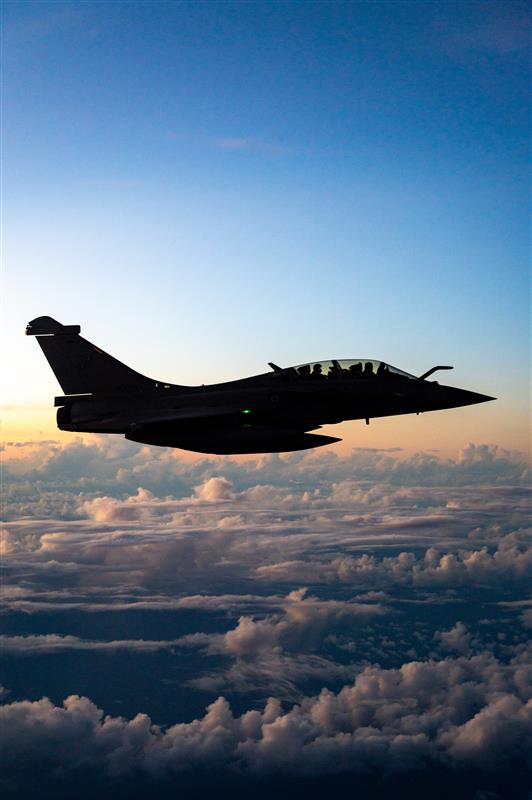
Titre Axe de recherche
Military Strategies and Armed Forces
As military competition increases, armies transform and adapt their strategies. Doctrine, organization, equipment and training are key axes for understanding the evolution of land, air and naval forces.
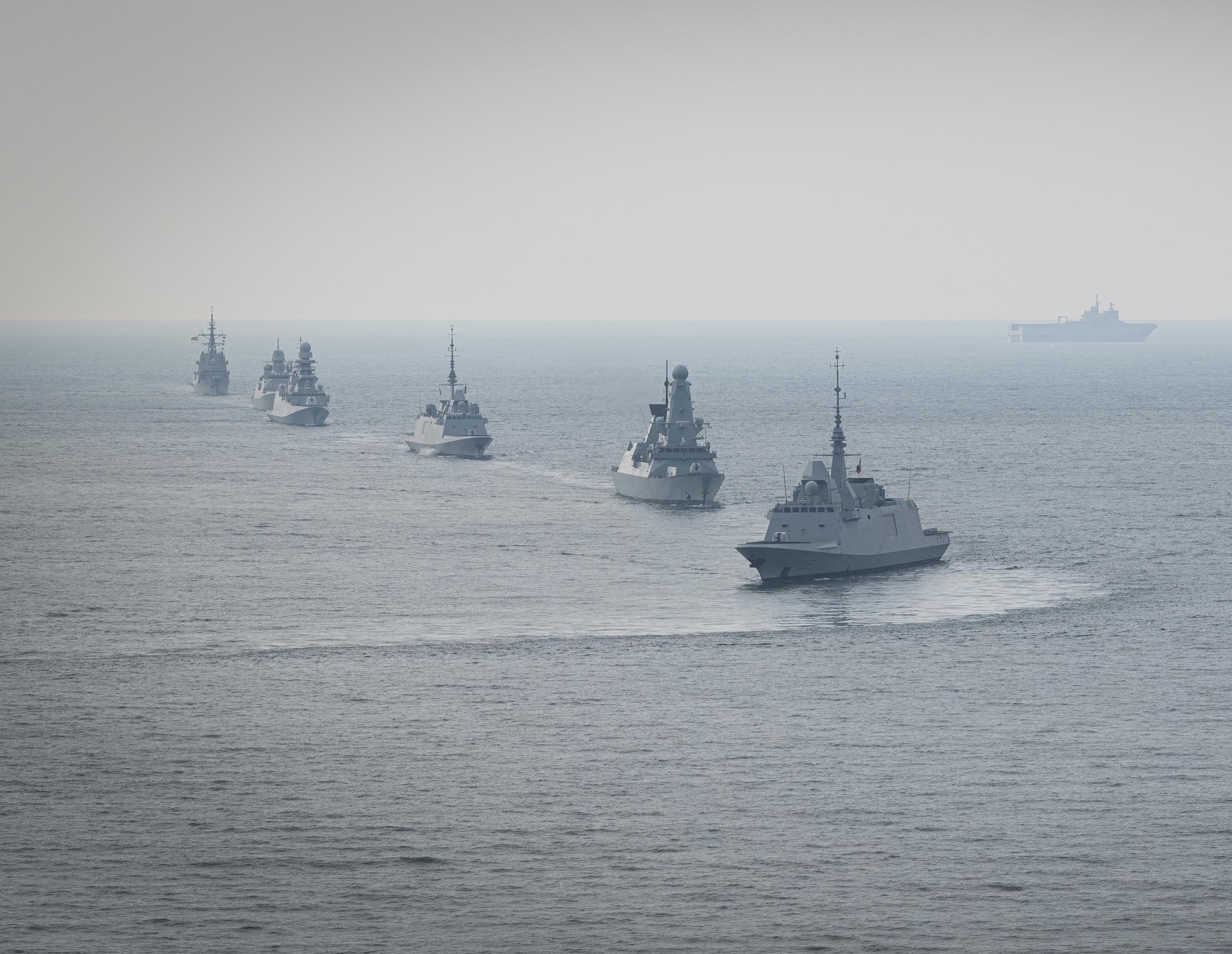
Publications
Command and Control in a Nuclear-Armed Iran
In the long standoff regarding its nuclear ambition, Iran has cultivated ambiguity and been loath to reliably assure the international community of its ultimate intentions, complicating Western efforts to understand, let alone constrain, Tehran’s endeavors.
Winning in Libya: By Design or Default?
The 2011 insurgency in Libya brought about the demise of Supreme Leader Mouammar Qadhafi. A NATO-led coalition operated to meet a unique United Nations mandate including an arms embargo, no-fly zone, and the requirement to protect the population from armed attack.
The Defense Budget in France: Between Denial and Decline
Although defense spending is the fourth budget item in France, it is rarely a matter of public debate. During the past three decades, defense has been affected in turn by the desire to rip the benefit of the post-Cold War “peace dividend”, the professionalization of 1997, and the increase of overseas operations after September 11, 2001.
Ballistic Missile Defense in Japan: Deterrence and Military Transformation
In December 2003, Japan decided to be the second country in the Asia-Pacific to deploy a ballistic missile defense (BMD) system.
The Battle over Fire Support: The CAS Challenge and the Future of Artillery
Traditionally, maneuver units are designed for mobility and control of the ground, while supporting forces (artillery, aviation) deliver fires to protect the former and ensure their freedom of action.
Deterring the Weak: Problems and Prospects
Strong states often fail to deter vastly weaker competitors. This paper explores some reasons of this failure and identifies factors that can increase the prospects that deterrence will succeed in these situations.
Les réserves en première ligne ? Du citoyen-soldat à l'intérim
A central piece of national security during two centuries and an essential link between the military and the people, the French reserve forces have considerably decreased over the last decades.
Building Security Institutions: Lessons Learned in Afghanistan
After its rapid military victory over the Taliban, the international community underestimated the resources, time and work that would be required enforce to Security Sector Reform (SSR) in Afghanistan. Even though the Afghan population was supportive of the coalition’s efforts at first, the light footprint approach, fostered by the Europeans, failed to provide with satisfying results as the insurgency made its way through popular frustration.
Establishing the Rule of Law: the U.N. Challenge in Kosovo
Created on the 10th July 1999 by Security Council Resolution 1244, UNMIK was responsible for restructuring the institutions of a country devastated by war and establishing democratic governance. The security of people and goods and the existence of a legal system trusted by the population were two crucial prerequisites to the state-building process.
Les opérations aéroportées : la profondeur stratégique en question
Airborne operations draw their strategic importance from the scale and magnitude they provide to air-land operations. Yet, their concept of employment, shaped by their historical legacy may seem unfit to contemporary requirements - especially regarding their vulnerability during dropping and penetration phases when troops are isolated and highly dependent on external support.
The Team

Our research fellows: Security Studies Center
Support independent French research
Ifri, a foundation recognized as being of public utility, relies largely on private donors – companies and individuals – to guarantee its sustainability and intellectual independence. Through their funding, donors help maintain the Institute's position among the world's leading think tanks. By benefiting from an internationally recognized network and expertise, donors refine their understanding of geopolitical risk and its consequences on global politics and the economy. In 2024, Ifri will support more than 70 French and foreign companies and organizations.














